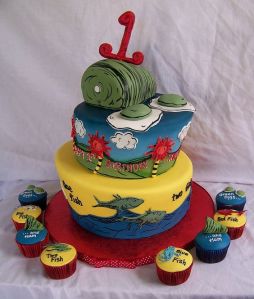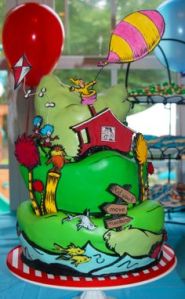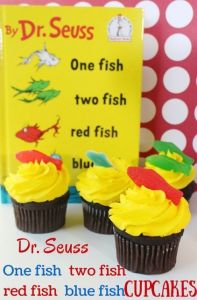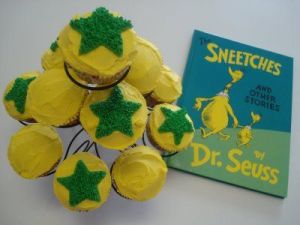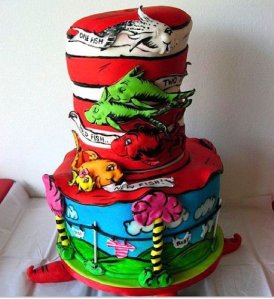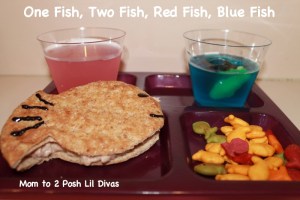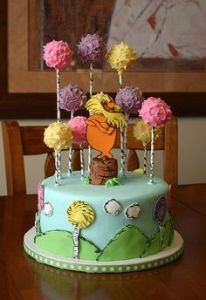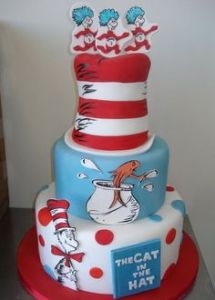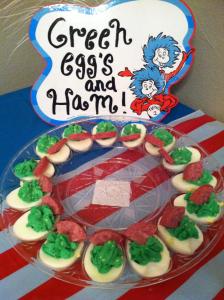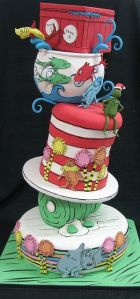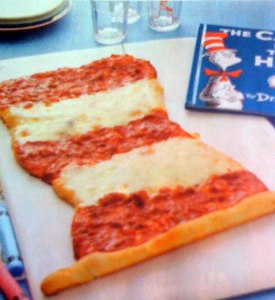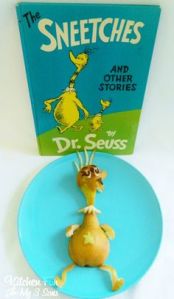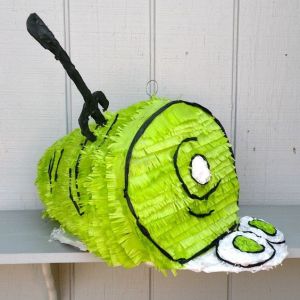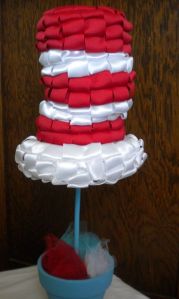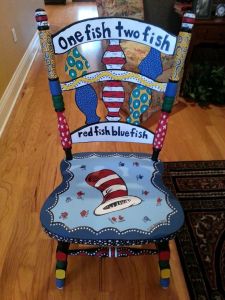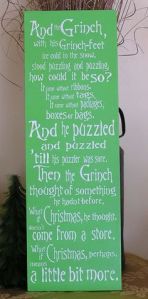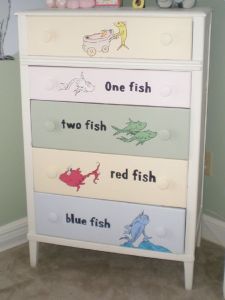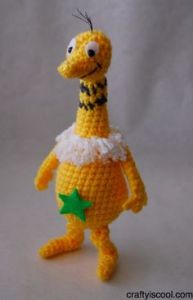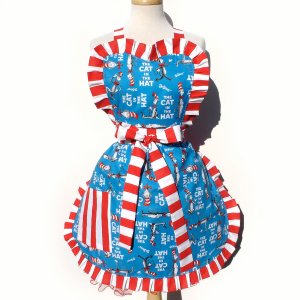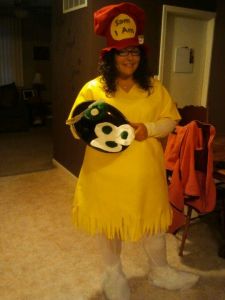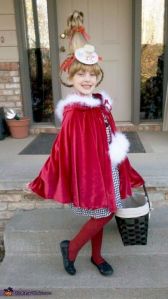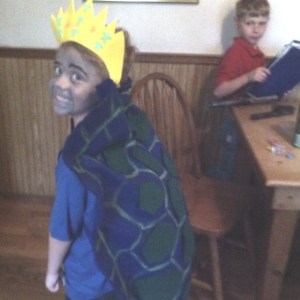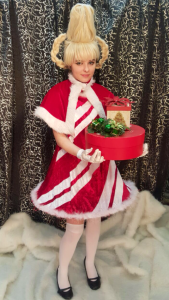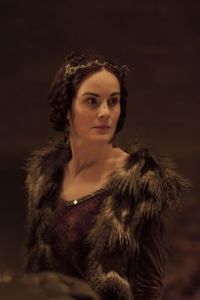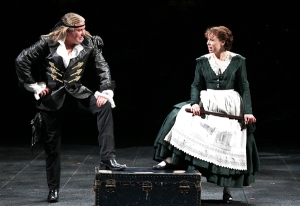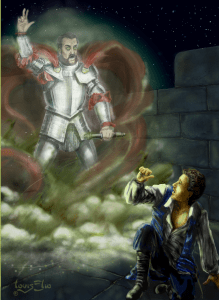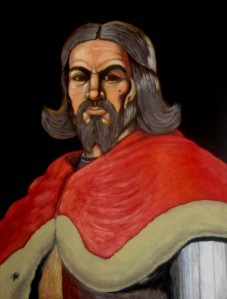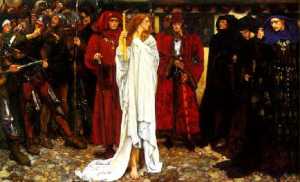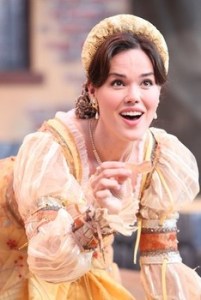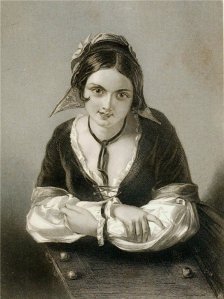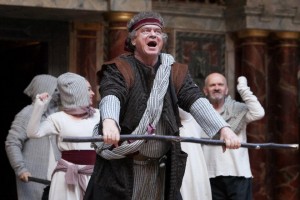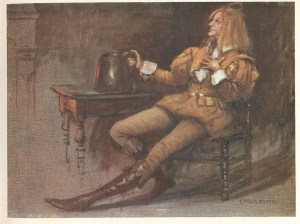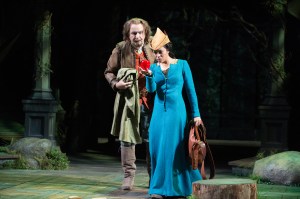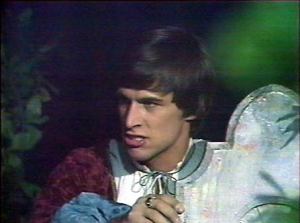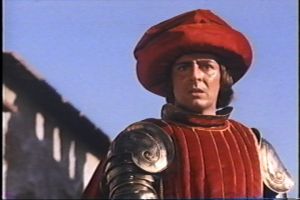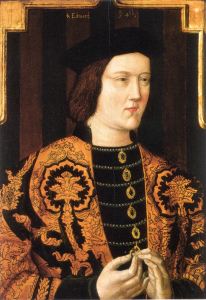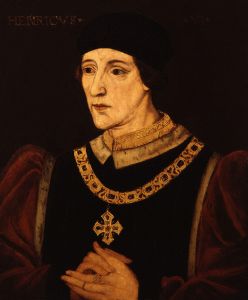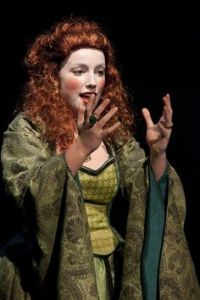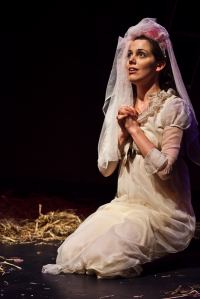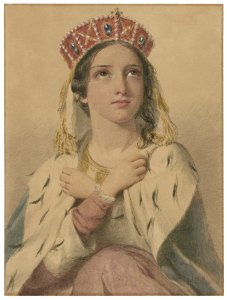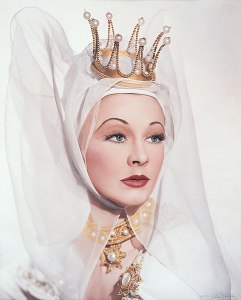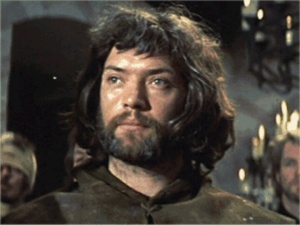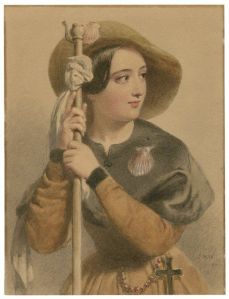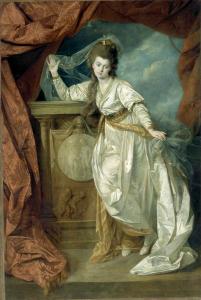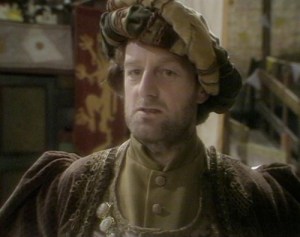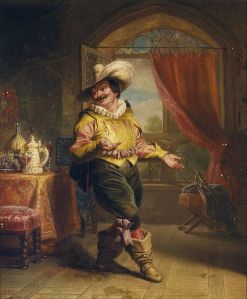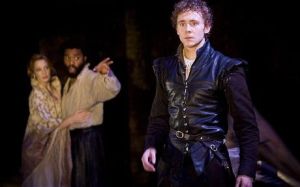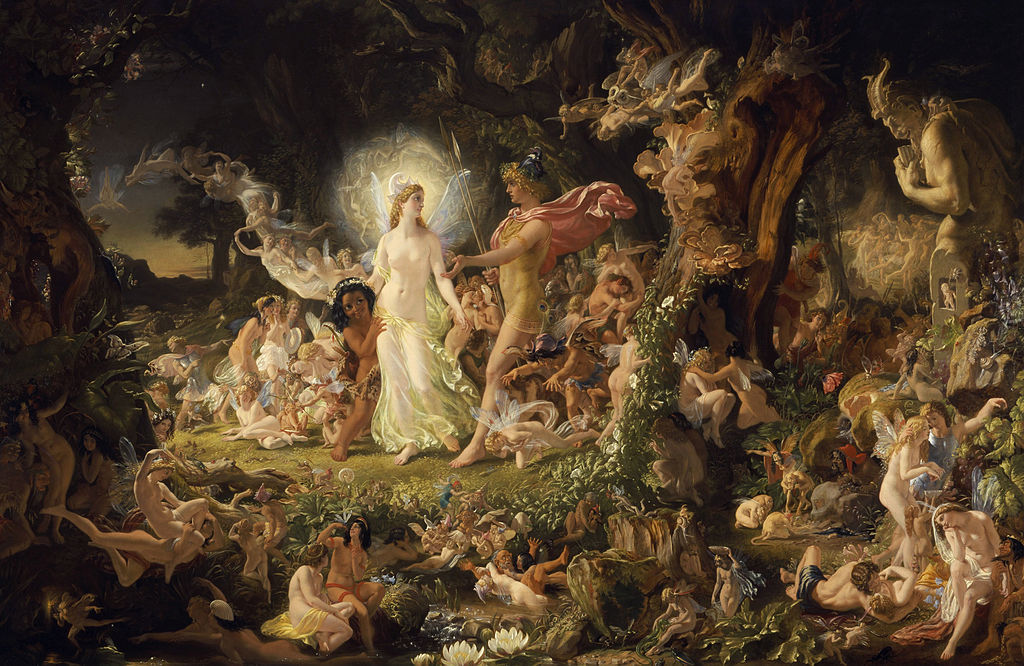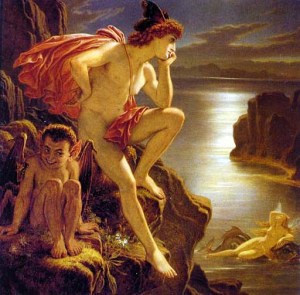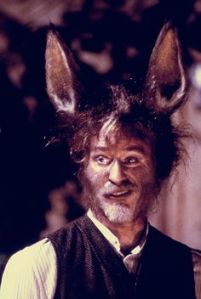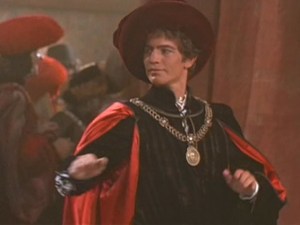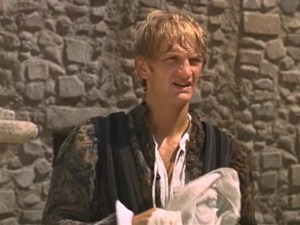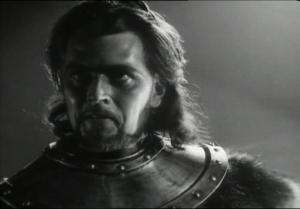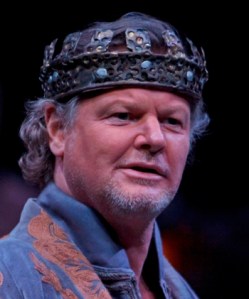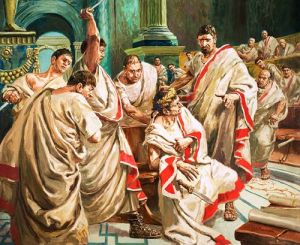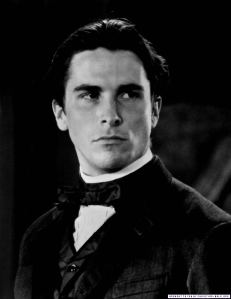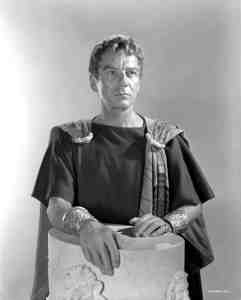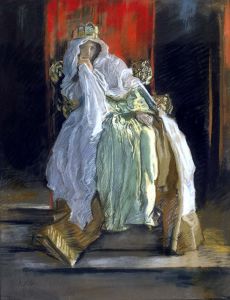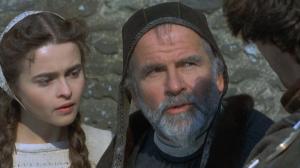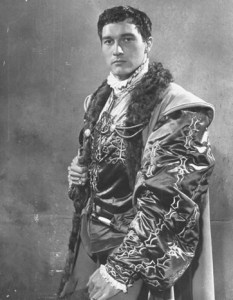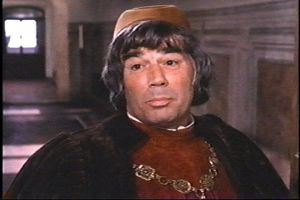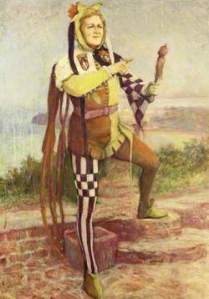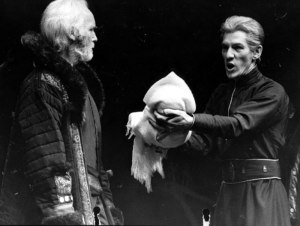Disclaimer: this essay contains spoilers from The Lost Women of Ballantine Castle.
My newly self-published novel on Amazon titled The Lost Women of Ballantine Castle chiefly centers on the disappearances of undocumented maids dating from the 1980s to the pre-Covid Trump era, the time the story takes place. Almost all of these maids are Hispanic, range from their late teens to their late twenties, worked for a Mrs. Bartlett at either her Ballantine Castle estate or The Commodore Hotel, and all disappeared while leaving the former. Anyway, despite its subject matter mainly focusing on undocumented immigrants and their vulnerable position in American society, I devoted a significant chunk of the story on racial violence against minorities and how little attention it receives in our society both in our history classes and in the media, especially if the victims were poor, had little to no legal standing in society, or in the maids’ case, both.
However, there’s a critical flashback scene in the novel where a college archives intern at Ballantine Castle named Julia Scarnatti explores some records in a file cabinet where the estate’s curator told her not to open. Naturally, she does. Among her finds consists of a series of photographs dating from the 1920s, many depicting Mrs. Bartlett’s great-grandmother and her friends torturing and killing her black servants for basically no good reason. Naturally, Julia is horrified such people could commit such brutal acts. Later on, Agent Rashida Owens sees a black minister named Dr. Scott and addresses the matter to him (which her partner Beattie MacKillop found in Julia’s diary during an investigation into her disappearance and murder). Dr. Scott discusses how the Ballantines would engage in an all-too-common practice during the time called lynching and his description is nothing short of horrifying. One chilling passage is as follows:
“Now I don’t like thinking white people as monsters. But it blows my mind how normal white men and women can live with, participate in, and defend such atrocities to their fellow human beings. Even reinterpret them so they wouldn’t see themselves or be perceived as less than civilized. These people who tortured, dismembered, and murdered our ancestors like this perfectly understood what they were doing and thought themselves as perfectly normal human beings. Few had any ethical qualms about their heinous actions. To them, lynching was the highest idealism in their service to their white race, a triumph of a horrid belief system defining us as less than human. These perpetrators of these crimes were just ordinary folks who’d go to church with their families and believed keeping black people in their place was nothing less than a way of combating a plague that if not checked, would hurt the community’s health and security.”
So what do lynching black people back in the 1920s have to do with missing undocumented maids in the Trump Era? Well, while some forms of racial violence may fall out of favor due to momentous historical events like the Civil Rights Movement of the 1950s to the 1960s, other forms of racial brutality don’t go away so easily. The brutality could also take another form like mass incarceration in connection with the War on Drugs, stand your ground and open carry laws, stop and frisk, the “welfare queen” stereotype, and lingering systematic racial disparities that never get resolved. Not to mention, racial violence extending to people with less legal protection than most Americans, namely the undocumented who are relentlessly demonized by right-wing news outlets as pathological criminals. And yet, they also perform variety of essential low wage work at a pittance in our country while living a very precarious existence prone deportation, family separation, and crime. As many Americans firmly but wrongly believe that undocumented immigrants aren’t supposed to be here and don’t have any rights (which isn’t exactly true).
Sycamore Springs, Pennsylvania is a fictional city for no such place exists between Erie and State College. The disappearances of undocumented maids at a Gilded Age era estate from the 1980s to the pre-Covid Trump Era is based on the 400-year-old Bathory child murders in Renaissance-era Hungary and the LaLaurie slave killings in antebellum New Orleans. Black lynchings, however, were an endemic feature during the Jim Crow Era when whites would flat out murder black people just for any excuse just to keep the local blacks in line. Sure, these killings were anti-black terrorism and hate crimes but the white establishment never prosecuted them mainly because local authorities often took part in them. Although whites could also be lynched as well as most famously demonstrated in the notorious Leo Frank case. According to the Tuskegee Institute, about 4,743 Americans were lynched between 1882 to 1968, including 3,446 blacks and 1,297 whites. Nonetheless, lynching was white society’s effort to maintain white supremacy in economic and political dominance after the American Civil War during Reconstruction and Jim Crow. Furthermore, lynching blacks was a way to emphasize the Jim Crow social order where whites acted together to reinforce their collective identity along with blacks’ unequal status through acts of violence. And despite being associated with the South, they also occurred in the North as Ballantine Castle entails. According to the great Ida B. Wells while sexual infractions against white women were widely cited, such victims with sexual assault allegations occurred only 1/3 of the time. And it’s highly unlikely that these allegations would even be remotely true. Instead, the most prevalent accusation related to murder followed by a list of infractions like verbal and physical aggression, spirited business competition (like successfully competing in business against whites), and independence of mind among victims. If you think the infraction list consists of bullshit terms, you’re absolutely right. And tragically as of June 6, 2021, no federal anti-lynching legislation has passed both houses of Congress despite racial violence remaining a serious problem.
Despite the prominent role lynching played in maintaining white supremacy in the United States during Jim Crow, most white students will never hear about it in their American history class. Until recently, racial violence incidents like the 1921 Tulsa Massacre weren’t even known in the American public consciousness. Only because of shows like Watchmen and Lovecraft Country. Obviously, American schools don’t teach students about racial violence during segregation because no one wants to see themselves as the bad guy, white people especially. Nor does it paint the US in a positive light. Nonetheless, given how white supremacy is still a major problem in the US within every part of our society, it’s a subject everyone must learn if only to dismantle the systemic racist infrastructure that perpetuates such violence against people of color. Particularly when it comes to police brutality and stand your ground laws. Lynchings may not be as accepted or prolific as they were under Jim Crow, but the legacy is still with us. And it’s important all students know that legacy.
As I write in the summer of 2021, all over the United States, Republicans are up in arms over the 1619 Project and Critical Race Theory and have sought to have such measures banned within their local schoolboards to their state legislatures. The Heritage Foundation has recently attributed a whole host of issues to CRT including the 2020 Black Lives Matter protests, LGBTQ+ clubs in schools, diversity training in federal agencies and organizations, California’s recent ethnic studies model curriculum, the free speech debate on college campuses, and alternatives to exclusionary discipline like Broward County, Florida’s Promise Program that some parents blame for the Parkland shooting (instead of lax gun policies that allowed the shooter to easily get them in the first place). The organization claimed: “When followed to its logical conclusion, CRT is destructive and rejects the fundamental ideas on which our constitutional republic is based.”
With beginnings within the New Left school of American history during the 1970s and 1980s, Critical Race Theory’s crux is that racism is a social construct. Yet, unlike many white people would like to think, racism isn’t just a product of individual bias and prejudice, but also something embedded in systemic policies. Slavery, segregation, and Jim Crow are among the biggies that we learn in American history class. A good example Education Week discusses a 1930s practice of government officials drawing lines around areas deemed poor financial risks, often due to the inhabitants’ race. As a result, banks refused to offer mortgages to black people living in these areas. Today, despite facially-race blind policies, these same patterns of discrimination live on. For instance, single family zoning prevents building affordable housing in advantaged, majority white neighborhoods, and thus, undermines racial desegregation efforts.
Ballantine Castle illustrates this through Sycamore Springs confining their black and Hispanic populations to the Sticks for much of its history, its history of black lynchings, racist law enforcement practices, and federal immigration policies, especially during the pre-Covid Trump era. CRT also has ties to other intellectual currents like works by sociologists and literary theorists studying the links between political power, social organization, and language. While its ideas have since informed other fields like humanities, social sciences, and teacher education. You could also see the same in Ballantine Castle in which Sycamore Springs’ harsh treatment of Latinos by the local police department leads to more undocumented maids disappearing at the titular estate. Mainly because the living undocumented maids are in no position to testify out of deportation fears. Donald Trump’s decision to cancel DACA resulted in FBI agents Beattie MacKillop and Rashida Owens having such a difficult time tracking down Estella Rodriguez in regards to her white roommate’s disappearance and murder. After all, as a Dreamer attending college within a city that’s got a Joe Arpaio-like police chief and a general hostility toward undocumented people among the general white population, Estella has no idea what Trump’s DACA cancellation might mean to her if she talks to law enforcement. So, when the cops and federal agents scramble for her testimony, Estella either shuts herself in her dorm room or runs off. In addition, the Sycamore Springs police department’s inexcusable actions during the white supremacist Charlottesville-style “America First” rally at Liberty Park results in a white counter-protesting student’s death and a heroic priest named Father Anthony Carlisle nearly losing his shit.
Critical Race Theory states that racism is part of everyday life so white and non-white people who don’t intend to be racist can nevertheless make choices fueling racism. There are plenty of examples in Ballantine Castle, particularly when Rashida Owens breaks up an altercation pertaining to police mistreating a black man outside a Starbucks in Sycamore Springs to her partner, Beattie MacKillop’s dismay. When Rashida climbs back in her car, Beattie glares at her FBI partner and says, “Why must you stop and waste our time?” As far as she’s concerned, they’ve just arrived to the city to investigate a white college girl’s disappearance, an assignment Rashida has clearly expressed doesn’t want to work on. Stopping police from using excessive force on a black man will only delay their investigation. Now Beattie doesn’t intend to be racist here. But she certainly comes across as this and her chiding Rashida over the incident fuels racism as well. Which is exactly the point.
However, a lot of critics claim that CRT advocates discriminating against white people in order to achieve equity (except it doesn’t), mainly aiming such accusations at theorists calling for policies explicitly taking race into account. Yet, the disagreement fundamentally springs from different conceptions of racism. While popular notions of racism take individuals’ own beliefs into account, CRT emphasizes outcomes and calls for people to examine and rectify them. And no, neutral “color-blind” policies won’t eliminate the America’s racial caste system. Many white people obviously have a problem with this, especially since they mostly don’t want to seem racist. But they don’t want to think about racism whenever Colin Kaepernick takes a knee to protest against police brutality, which they consider as an attack on the flag and the military (except that it’s not). Because white people in general want to live their lives pretending that racism died out in the 1960s with the Civil Rights Movement (except it didn’t). Since racism is so ordinary that white people benefit from it and their refusal to dismantle the racist status quo and resistance to racist policies makes them complicit in racism. The idea that someone can be racist by doing absolutely nothing is very triggering to say the least. After all, no one wants to be the bad guy.
Due to CRT’s popular representation in schools being far less nuanced, a recent poll by Parents Defending Education claimed some schools were teaching that “white people are inherently privileged, while black and other people of color are inherently oppressed and victimized”; that “achieving racial justice and equality between racial groups requires discriminating against people based on their whiteness”; and that “the United States was founded on racism.” As a result, much of the current debate chiefly springs not from academic texts, but from critics’ fears that students (particularly white ones) will be exposed to supposedly damaging or self-demoralizing ideas. Doesn’t help that whenever white people hear even a whisper of “white people” and “racism” they can absolutely lose their shit, completely blocking them from hearing anything else. If in their mind, America is the greatest country in the world, any criticism of their beloved country is a personal attack, especially from anyone who’s not white. Sure, they’re fine with “a more perfect union” or “making America great again.” But they can’t handle an entire field of black scholarship based on the idea that their sweet land of the free is inherently racist. And all I have to say to them is tough shit.
As of mid-May 2021, legislation to outlaw CRT in schools has passed in Idaho, Oklahoma, and Tennessee as well as proposed in various other statehouses. The bills are so vaguely written that it’s unclear what they’ll affirmatively cover, whether they’re constitutional or violate free speech (I’d say yes on the latter two). Could a teacher who wants to talk about state-sponsored racism a la Jim Crow (which prevented blacks from voting or holding office while separating them from white people in public spaces) violate such laws? Although it’s extremely difficult to police what’s taught in hundreds of classrooms, social studies teachers fear such laws could have a chilling effect on educators self-censoring their own lessons out of concern for parent or administration complaints. One Tennessee English teacher notes: “History teachers cannot adequately teach about the Trail of Tears, the Civil War, and the civil rights movement. English teachers will have to avoid teaching almost any text by an African American author because many of them mention racism to various extents.” The laws might also be used to attack other pieces of the curriculum like ethnic studies or “action civics,” which asks students to research local civic problems and propose solutions.
In American history, cultural debates have focused on the balance among patriotism and American exceptionalism one end and the exclusion and violence toward Native Americans and African American enslavement on the other. As in our country’s ideals and practices. A current example that’s fueled much of the recent round of CRT criticism is the New York Times’ 1619 Project, which seeks to put slavery’s history and its effects as well as blacks’ contributions to democratic reforms front and center in American history. Nonetheless, we must understand that learning history isn’t always supposed to feel good. There are parts in our history that are downright painful, disturbing, and jarring to know about like slavery, native displacement and genocide, Jim Crow, racial violence, immigration restrictions, Japanese internment, and more. But they’re absolutely necessary to know about so we can grow and rectify such injustices as a society. For the old adage says, “those who fail to learn from history are doomed to repeat it.” If we want to avoid the past’s mistakes and create a better society, then we must teach kids about race and racism. This goes especially for the students whose parents protest against the teaching of the 1619 Project and Critical Race Theory and buy into whatever conspiracy theories or culture war garbage the right-wing media screeds into their heads. Knowing about the past is hard. Not knowing is even harder. The price we pay for what we don’t know could be steep, as we learned from all the police shootings and white supremacist demonstrations. And for too far too long, the price for our collective historical ignorance has been way too high. White people may have the luxury to forget about all the awful legacy of slavery, Jim Crow, and segregation. But if they consist of the majority of who we elect into office at every level, it’s time they start as early as possible.



